Plagiarism In The NCAA Amongst Division 1 Athletes
From the moment some children are born, they are raised with the goal of becoming a professional athlete. For these kids kids, academics are put in the back seat on their ride to stardom. Instead of skipping out on a practice to finish up a school project, they attend the practice. Instead of staying up late to study for test the next day, they find other ways to pass the class. The term student-athlete is evolving into full time athletes that attend school on the side. Many of these student-athletes coast through high school, hardly attending class, with the sole goal of getting recruited to a division 1 school to pursue their athletic careers. These are the same prestigious school that many students spend their entire four years of high school trying to get accepted into. These students work incredibly hard with extracurricular activities and maintaining high GPA’s so that they can be noticed by these schools. It often occurs then that some fantastic students are missing out on receiving scholarships due to athletes receiving them.
One of the biggest issues that the NCAA is facing is the relationship between the academic board and the student athletes. This issue is mainly based around academic cheating and plagiarism. These actions are considered academic fraud by the NCAA and are punishable by expulsion and other forms of suspension. One of the largest cases of academic fraud occurred at the University of North Carolina.(Ridpath) Five of UNC’s teams were charged with allegations of academic fraud. These teams were taking fake classes set up by the school so that the would receive a GPA boost.(Ridpath) These athletes are on scholarships to attend these colleges to participate in sports, but this has to be thought of as if it is their job. Their job is to participate in sports and their payment is the free education that they are receiving. They are essentially receiving free pay in the form of faked education. If a person pulled that type of scam with their regular job, then they would be fired. Unfortunately it is not that simple when it comes to division one athletes and their universities.
In a Q&A released by the NCAA, they claim that the cases of academic fraud at UNC are out of their jurisdiction and should be punished by the University themselves.(Ridpath) The NCAA uses a great deal of discretion when dealing with cases of academic fraud. An academic offense is an act of misconduct against the university but is not grave enough to rise to the level of the NCAA’s jurisdiction.(Howick) An example of that would be a student cheating on a final with the help of a tutor, that would result in the student receiving a failing grade but still eligible for athletics. An academic misconduct violation is a direct breaking of one of the NCAA’s academic rules, such as the use of phones during an exam or sharing photographs of the test before it has been taken by every student in the class. What occurred at UNC was a direct academic misconduct violation of the NCAA’s rule against “arranging for fraudulent credit.”(Infante) That term is defined as faking transcripts to make it appear as if these student-athletes receives grades in classes that they did not take. However there is a loophole that many athletes and their schools take advantage of. Cheating and Plagiarism do not qualify as acts of misconduct unless it results in the declaration of eligibility of the athlete. So if a student does cheat but it is not reported before the athlete competes, then the NCAA can do nothing about whether or not the student is eligible to play or not.. It comes down to the university’s decision on whether or not the athlete can play or not.(Infante)
The NCAA is often extremely apprehensive when dealing with cases of academic fraud. This is due to the NCAA being concerned with their corrupt system being exposed on a grand scale. A prime example of the NCAA being able to squirm out of tough situations is the case involving UNC’s defensive end Michael McAdoo. In 2011, the NCAA were preparing to have McAdoo banned from competing for his next 2 years of college. However McAdoo had his own case against the NCAA. It was alleged that McAdoo took $112 dollars in reward for signed jerseys and also three cases of academic fraud. McAdoo sued because the NCAA lacked enough evidence of him plagiarizing for him to be punished. The UNC honor court found insufficient evidence on one of his cases and non-guilty on another. However the last charge he was found guilty for, it was proven that a tutor had revised his paper adding and subtracting certain points. However, help from a tutor is not a misconduct violation and therefore the NCAA should not have gotten involved.(Staples) McAdoo’s lawyer also used the example of the Florida State case from 2008, in that case players were fed exact test answers by their tutors and got away with no punishment. So his lawyer’s question was how does plagiarizing a paper stack up against being fed the exact answers to a final.(Staples) With the FSU case, the players were only punished with suspension for a third of their season, if the NCAA had prevailed in their case, McAdoo would have been suspended for 2 complete years. The NCAA realized they had a legitimate case against them, they decided to drop the charges on McAdoo so they would not get sued.(Staples) This shows how the NCAA is only taking the battles in which they can win and not those that make them look negative to the public. They have somehow been able to weasel out of many difficult situations but their dark secrets are being brought to the eyes of the public.
In order for the stigma surrounding student athletes to disappear, the entire system surrounding division one college athletes and their academics must be changed. This ultimately comes down to the NCAA and their ability to set exact rules, making sure that every student knows what is considered an offense, and publicly addressing their issues of unfair treatment. The NCAA is pushing cases to the side for the betterment of themselves so that they can continue to profit off these athletes.(Infante) Some may say that the athletes are also at part to blame for using advantages given to them, but they are just results of the system. The system that has raised them with the singular goal of becoming a professional athlete with no emphasis on academics. The NCAA needs to reform their rules and punishments and the professional athletes need to begin setting an improved example for the youth that hope to one day be in their position.
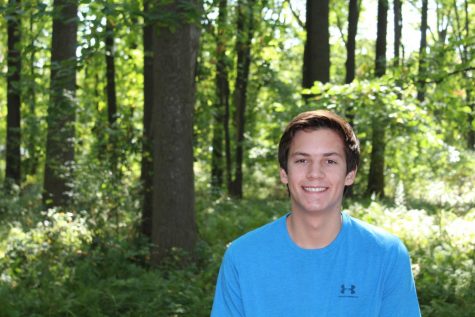
I am Owen McCarty, a 3rd year staff writer for the Oakton Outlook. I enjoy covering sports, current events and also the Oakton community. This year i hope...



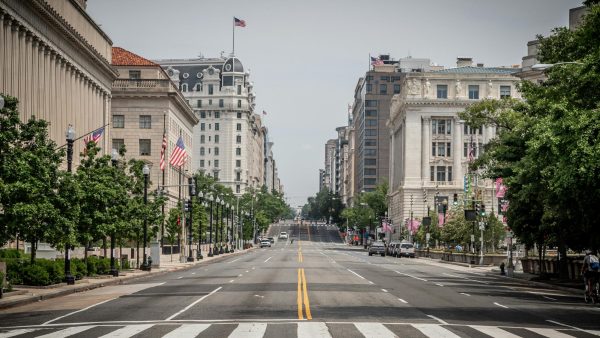
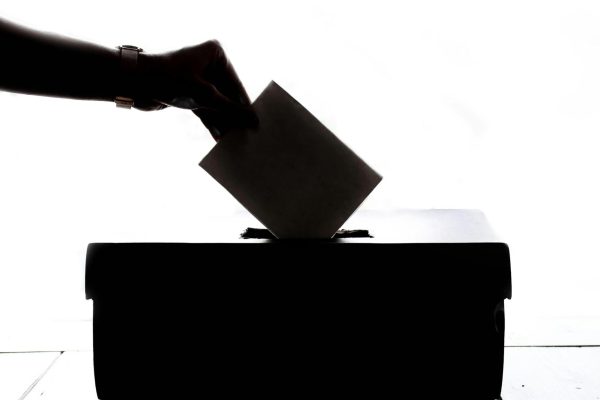
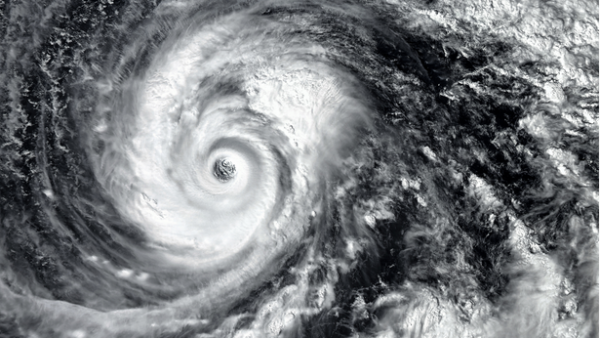
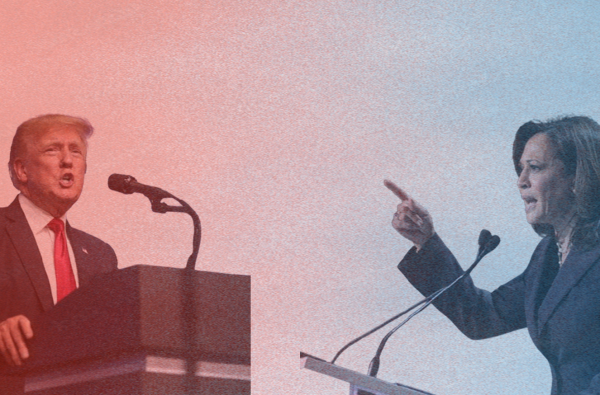
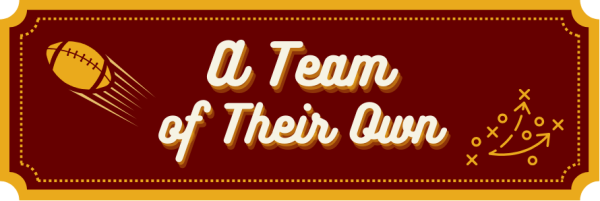
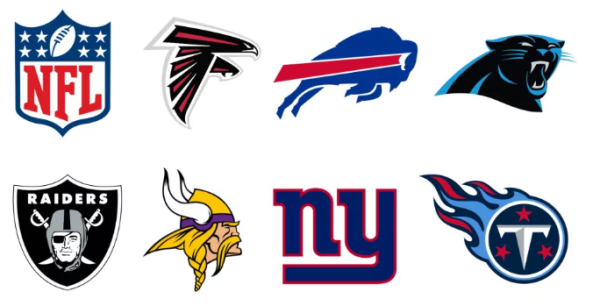

Matt Corgnati | Jun 18, 2017 at 4:36 pm
Agree with this essay wholeheartedly, student athletes are students first and should not be given any kind of aid over the average student in high school or at University. Could not have said it any better.